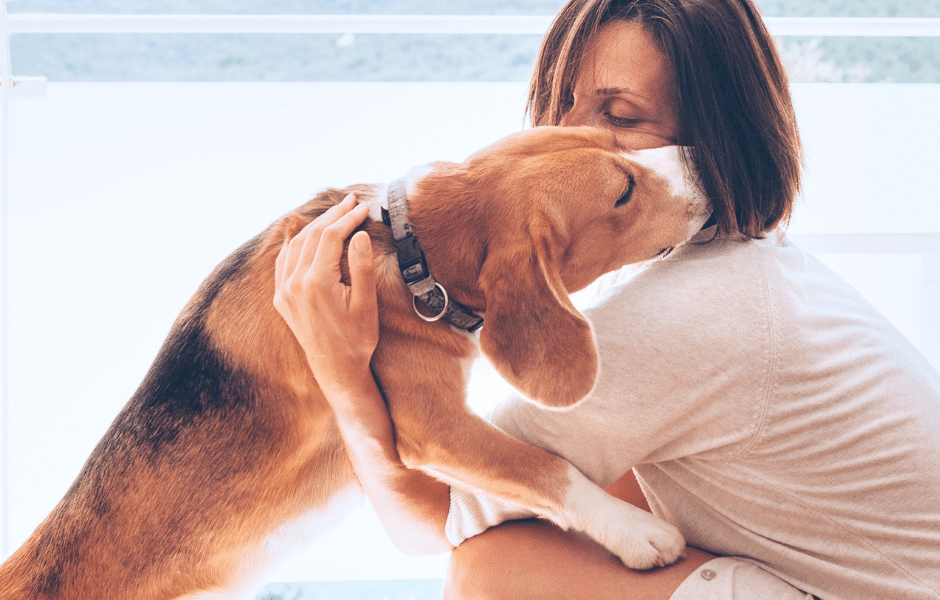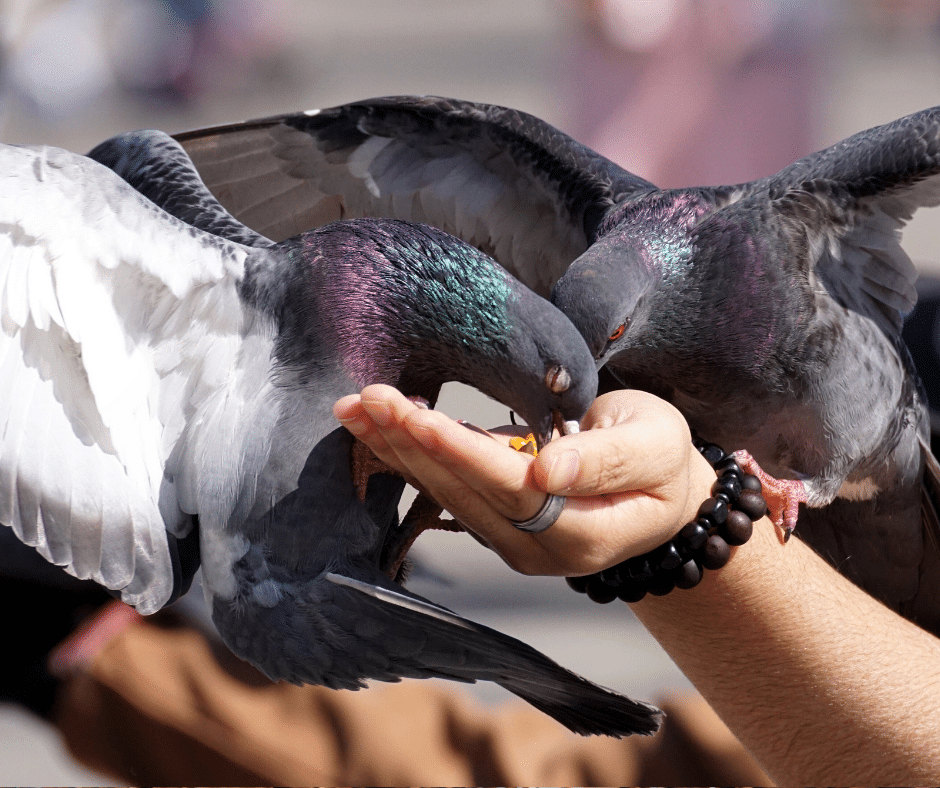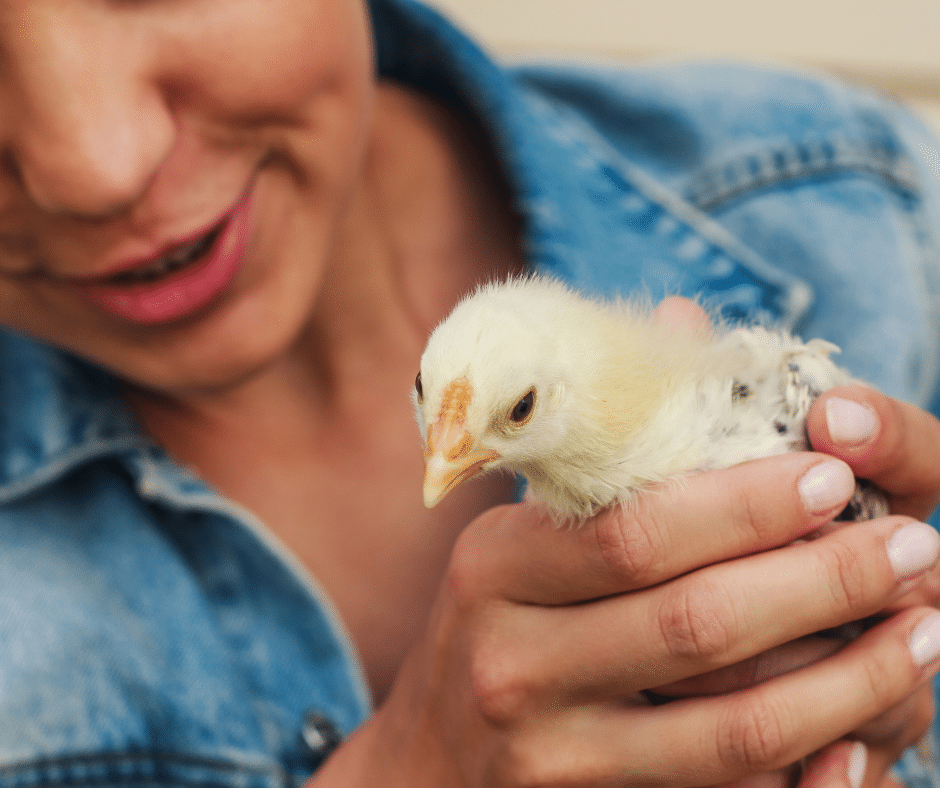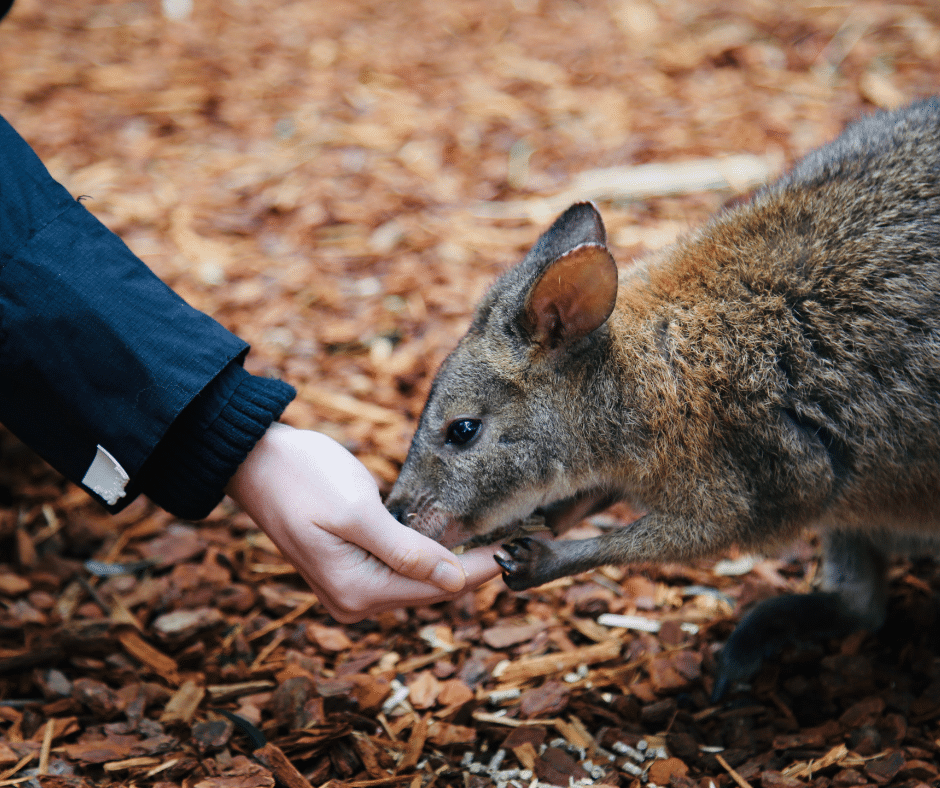
As most Americans are aware, animals play significant roles in our lives. Cows give us milk, and chickens lay eggs. Some animals are excellent for pest control. Bees provide pollination and honey. And we could go on. However, most folks fail to see the dangers those who work with animals and livestock risk each day. And those who work with wild animals risk even more. One of the lesser considered risks is the diseases transferred from those animals. So, the question is, what diseases transfer from animals to humans?
We have the answers here for you in the following paragraphs.
Did you know that 60 percent of all human diseases are transferred from animals to people?
That is an alarming percentage; we think you’d agree.
World Class Wildlife Removal is passionate about the care of our clients and the wildlife they encounter. Keep reading to learn more!

Identifying and Defining Which Diseases Transfer to Humans
Have you ever heard the term “Zoonotic disease?” Well, diseases transferred from animals to humans are actually called Zoonotic diseases. The diseases are found in parasites, viruses, bacteria, and fungi in or on animals. These diseases can cause severe illness and even result in death in humans. Unfortunately for humans, the animal itself may not show any sickness signs.
These Zoonotic diseases are most often discovered in livestock. However, even your pets can spread these dangerous diseases.
For instance, the following animals have been proven to spread diseases to humans.
- Turtles
- Pigs
- Goats
- Ducks
- Dogs and cats
- Cows
- Chickens
- Birds kept as pets
Those are the more common, but as diseases become known, more animals are added to the list.
How Do the Diseases Transfer to Humans?
Each time humans interact with animals, there is a risk of infection. And if the animal is wild, there is an even greater probability of unknown issues. Here are a few of the main ways disease comes in contact with humans.
- Direct contact can transfer disease. The interaction with an infected animal’s body fluids, like saliva, blood, urine, or waste, can all contain contaminants. Petting an animal is considered direct contact. Furthermore, being bitten or scratched by the animal is an even worse form of direct contact.
- Simply being in the area or picking up an object that an infected animal has come in contact with is in direct contact. Examples of indirect contact may include cleaning a fish tank, working in a pet kennel, feeding an outdoor visitor, and even gardening.
- If an insect bites you, you may be exposed to a vector-borne illness. Ticks, fleas, and mosquitos are the main reason for this transfer method.
- When you accidentally eat unsafe or contaminated foods, they can be terribly dangerous. For example, drinking raw milk, eating undercooked meats and raw eggs, and consuming unwashed fruits and veggies cause food-borne illness.
- There are even water-borne sources of Zoonotic disease. Folks unknowingly drink, swim in, and handle water contaminated by an ill animal’s feces.
At this point, you are probably wondering what these diseases are. Read on.

Diseases that Transfer from Animals to Humans
To write an exhaustive list of all the diseases, people can get from animals would be too long for this page! However, if you regularly interact with any animals, you should be aware of the more common illnesses that can transfer.
Intestinal Illnesses
Undercooked, unwashed, and contaminated foods are the reason for many intestinal illnesses. In addition, pets like turtles, snakes, and lizards can spread disease through their fecal matter. Then there are the unvaccinated baby animals like puppies, kittens, chicks, and more that can transmit disease before they are old enough to be treated.
Bacterial intestinal diseases include Salmonellosis, Campylobacteriosis, E Coli, and something called Hemolytic Uremic Syndrome. And from parasites, you can get Cryptosporidiosis, an intestinal illness.
What to look for: Fever, stomach pain, and diarrhea are common symptoms of intestinal disease.
Ringworm
Did your mother ever tell you not to play in mud puddles? They used to think ringworm was found in standing water. The truth is, you can get ringworm from an infected person, animal object, or even the soil. It thrives in heat and moisture.
Ringworm is a fungus, not an actual worm. And don’t worry, it is treatable.
What to look for: There are several manifestations of ringworm depending on where it is located on the body. It starts with a raised red ring on the skin most of the time.
Lyme Disease
If you go for a walk in the woods and get a tick bite, you can contract Lyme Disease. Also, pets bring in ticks that can infect us as well. Untreated, this illness becomes a life-long struggle with wellness. It can slowly damage the nerves and heart, affect mental health, and cause pain.
What to look for: An infected tick bite may include a rash around the bite, fever, pains in muscle or joints, and headache. But we should note that not all people show symptoms.

Who Is At Risk for Disease Transfer?
Anyone can get sick from animal interaction and zoonotic diseases. But as with most illnesses, there are those at a higher risk for serious illness and even death. They include the following groups of people.
- Children under the age of five
- Those over the age of 65
- Individuals with weak immune systems
- And women who are pregnant
Protect Yourself Against Diseases Transfer from Animals to Humans
These Zoonotic diseases are in your home, parks, zoos, farms, schools, farmer’s markets, and grocery stores.
Although disease is very present in our human lives, there are many ways to keep you and your loved ones protected.
Consider these tips to ensure your safety while enjoying the many benefits interacting with animals provides.
- Wash your hands with soap after coming in contact with animals or places animals have been. And if soap and water are not available, avoid touching your face or others after interacting with animals.
- Hand sanitizer is an excellent temporary cleanser but be sure to wash with soap and water as soon as possible. Just know it will not eliminate all germs associated with diseases transferred from animals to humans.
- When venturing outdoors, wear insect repellent and appropriate clothing to avoid ticks, fleas, and mosquito bites.
- Know the safe temperatures for cooking all meats, and be sure to wash your vegetables and fruits.
Then, if caring for your pets, follow safe practices like the following:
- Wear gloves when cleaning out litter boxes, aquarium tanks, birdcages, and other areas where animal feces may be present.
- Sanitize your pet’s food and water dishes regularly.
- Avoid contact with body fluids, like blood, urine, and saliva, especially if you are unaware of your pet’s current state of health.
- Always wash your hands after cleaning up after your pet.
- For reptiles, amphibians, and birds, be sure to wash your hands after handling them.
And one more thing. If you choose to go to a zoo or petting farm, be safe.
- Wash your hands often and before you get in the car to go home.
- Leave shoes outside, then clean them before reentering the home.
- Remind children to keep their hands out of their mouths and eyes and remind them to wash their hands well.
Keeping the Wild Animals Out of Your Florida Home
Only pets should have access to your home. Sadly, there are times when a mouse gets in the attic, or a bird gets in the front door, and so on. That is why World Class Wildlife Removal is here.
Time and time again, we hear it. “But, I keep a clean home….” They wonder how in the world they could have a rodent problem. World Class Wildlife Removal knows a few ways protect your home from unwanted critters all year long. Here is what we suggest.
- Look for droppings indicating a rodent is in the house.
- Remember, many animals that can fit in tiny places. So, check the doors and windows for broken seals that need repair.
- Install screens on windows and doors that you open often.
- Seal all cracks in the exterior of the house.
- Cover vent openings, gutter downspouts, and the house’s chimney with screening.
- Keep your food supply safe by utilizing canisters with lids that seal shut.
- Secure garbage can lids and keep them inside the garage as much as possible.
- Check attics and basements often for evidence of activity.
- Keep the yard free of overgrowth, trimmed, and bushes cut back. And remove yard junk and debris.
Most critically, you should know our job is to remove all rodents from your home, attic, walls, and crawlspaces should they creep in. We do not want your family exposed to the diseases they can transfer. Our team will disinfect and sanitize the areas of infestation as well.
Keeping your family safe and free of unwanted animals is our pleasure. -You can keep the pets!
Contact our friendly staff for expert wildlife and rodent removal today!
